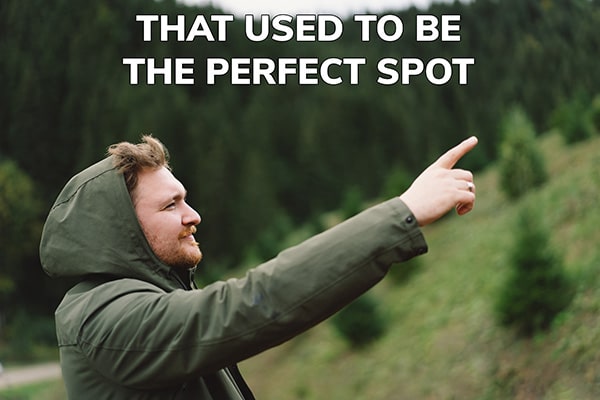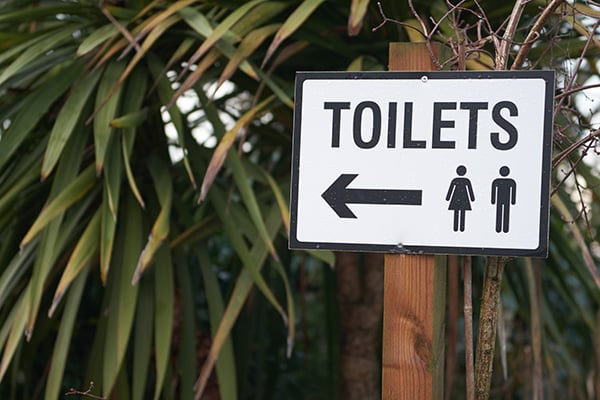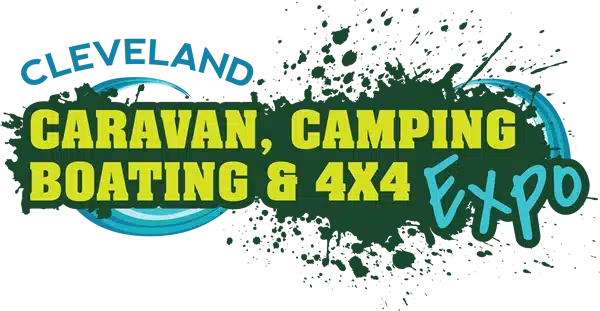Nothing ruins a good road trip or a peaceful holiday quicker than nasty smells and the worry of falling ill. Managing grey water—the wastewater from showers, sinks, and washing machines—isn’t just a good idea; it’s vital for keeping things hygienic and making your travels more pleasant. Whether you’re a seasoned traveller or just starting out on your caravanning adventures, knowing how to handle grey water will make all the difference.
Why Grey Water Management Matters
Grey water might seem harmless at first, but if left unchecked, it quickly becomes a breeding ground for bacteria, especially in hot weather. That shower or sink water from this morning can turn into black water by evening, giving off unpleasant odours and posing serious health risks. Plus, the soap and chemicals in grey water can harm the environment if not disposed of properly.
Top Tips for Keeping Grey Water Under Control
Here’s a handy list of tips to help you stay on top of grey water management and keep your road trips smooth and stink-free:
- Septic-Safe Products: Always use soaps and detergents that are friendly to septic systems. They’re easier on your grey water tank and better for the environment.
- Regular Cleaning: After each trip, give your grey water system a good rinse, especially the hoses. This stops gunk from building up and prevents bad smells.
- Freshen Your Drains: A mix of baking soda and vinegar works wonders for keeping your drains clean and odour-free.
- Solid Waste: Instead of washing food scraps down the sink, wipe your dishes clean and bin the leftovers. This keeps your system running smoothly.
- Use Tank Cleaners: Special grey water tank cleaners will help keep bacteria and odours at bay.
- Shower Use Only: Keep your shower for bathing. Avoid any toilet use, as that can complicate grey water management and add unnecessary hygiene issues.
- Pre-Clean Dishes: Give your plates a quick wipe with a paper towel before washing them. Less food residue means easier grey water management.
Best Ways to Dispose of Grey Water
Where you are will often dictate how you handle grey water disposal. Let’s take a look at a few common scenarios:
- Campsites Without Disposal Facilities:
If your campsite doesn’t have disposal facilities, it’s best to use a built-in or portable grey water tank. Make sure you know where the nearest dump point is, so you can dispose of your grey water safely and legally. - Caravan Parks:
Caravan parks usually have specific drains for grey water. Make sure you connect your outlet hose to the right one and follow the park’s guidelines. In some cases, parks might even allow grey water to be directed onto grass areas to help with irrigation—just be sure to check with the staff. - Free Camps:
Free camps often lack disposal facilities, but it’s usually acceptable to let grey water flow onto the ground. Just be mindful of where you’re draining—stay away from water sources and other campers to keep things sanitary and respectful.
Catch Us at the Cleveland Expo!
Looking to learn more about grey water management and other essentials for life on the road? The Cleveland Caravan, Camping, Boating & 4X4 Expo is the place to be! From the 20th to 22nd of September at the Redlands Showgrounds, you’ll find everything from caravans to the latest in campers and hybrids. It’s a brilliant opportunity to chat with experts, attend talks, and pick up tips for your next adventure.
Managing grey water doesn’t have to be a hassle. With these tips and the right know-how, you’ll be well on your way to an enjoyable, odour-free journey that’s kind to both you and the environment. So come on down to the expo, and let’s make sure your next road trip is as smooth as possible!












